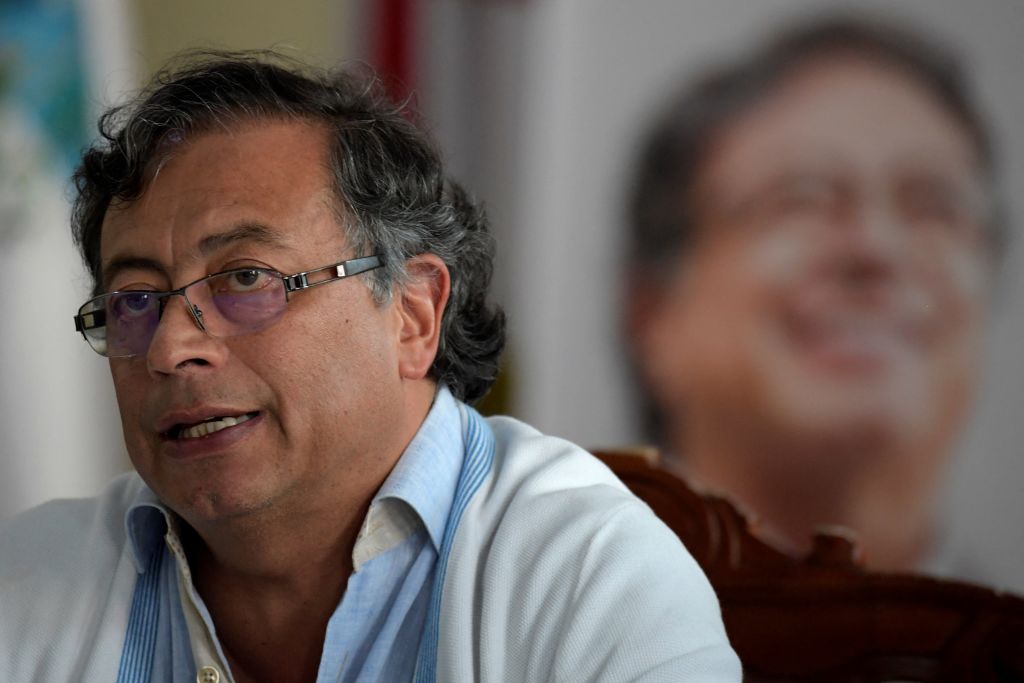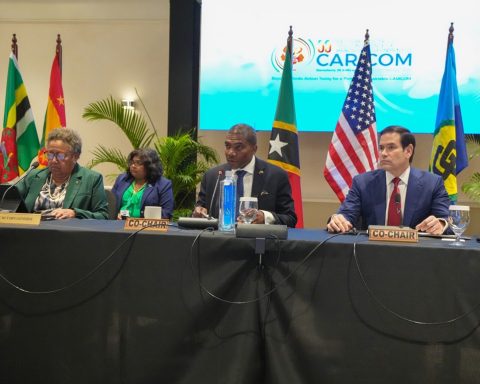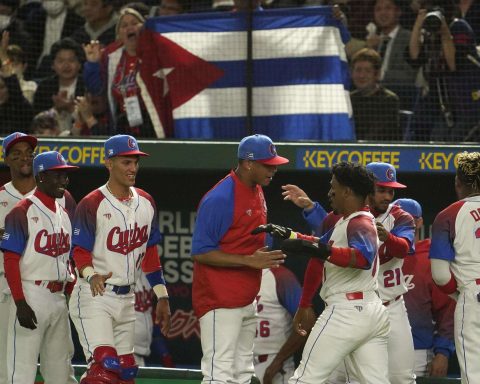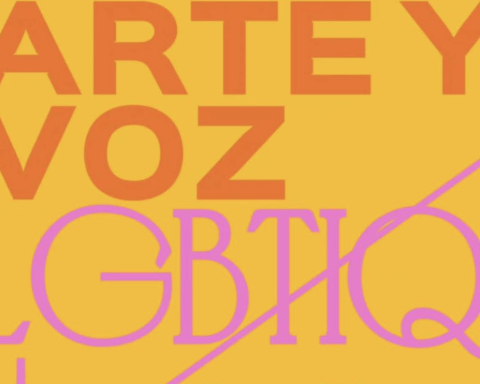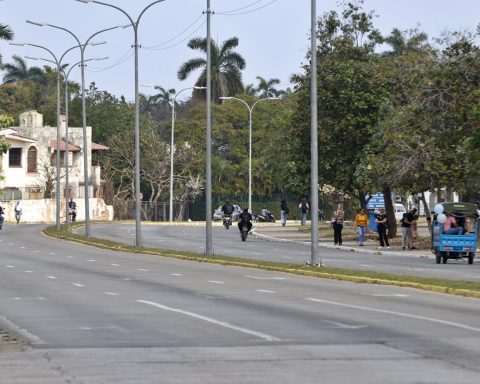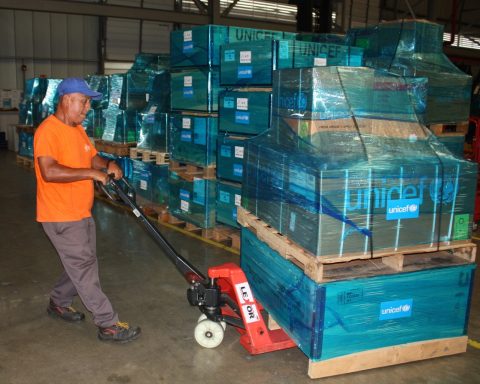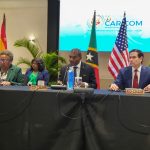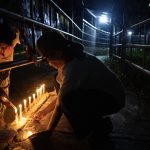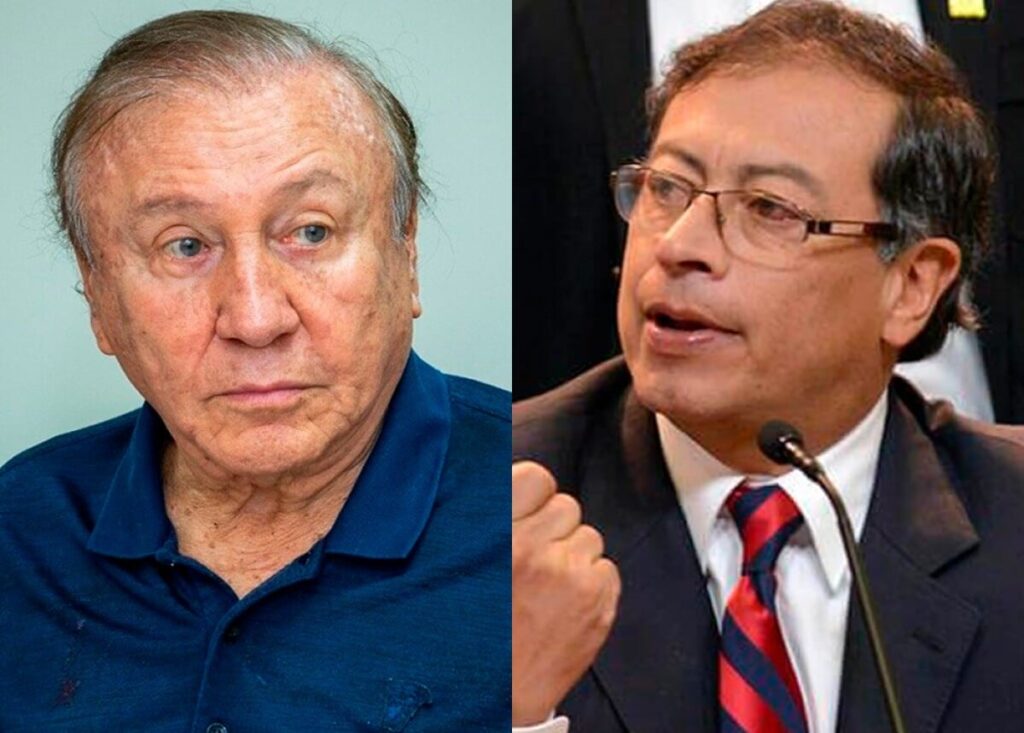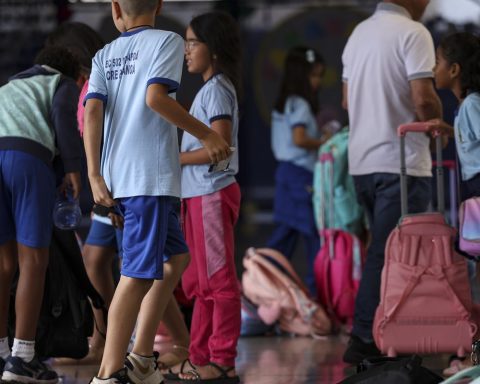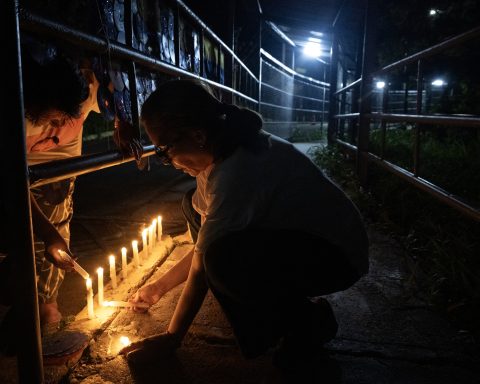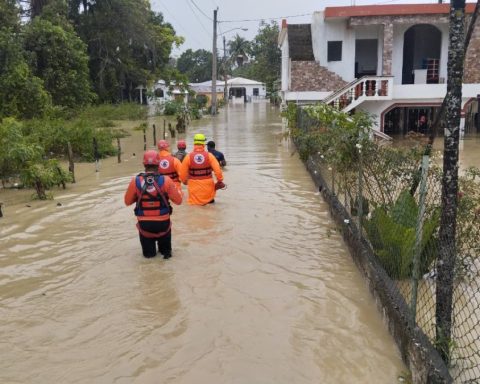Around 39 million Colombians are getting ready this Sunday to elect the new president who will govern the country for the next four years in the midst of deep social polarization.
Leftist politician Gustavo Petro, from the Historical Pact, will compete for the presidency for the third time, but this time with greater chances of winning based on his advantage in the polls.
The former guerrilla and current senator has as his main rival the center-right Federico Gutiérrez, second in the polls, who fights to avoid being associated with the traditional right, with the coalition Team for Colombia, and the burden of representing the continuity of the current government of Iván Duque and having the covert backing of former President Álvaro Uribe.
In third place is the independent Rodolfo Hernández, with his anti-corruption speech as the main flag, which could cause a surprise after his accelerated rebound in the polls.
If the forecasts of the polls are fulfilled, the possibility that one of the candidates will achieve absolute victory in the elections this Sunday with more than 50% is reduced, so the first two will go to a ballot on June 19.
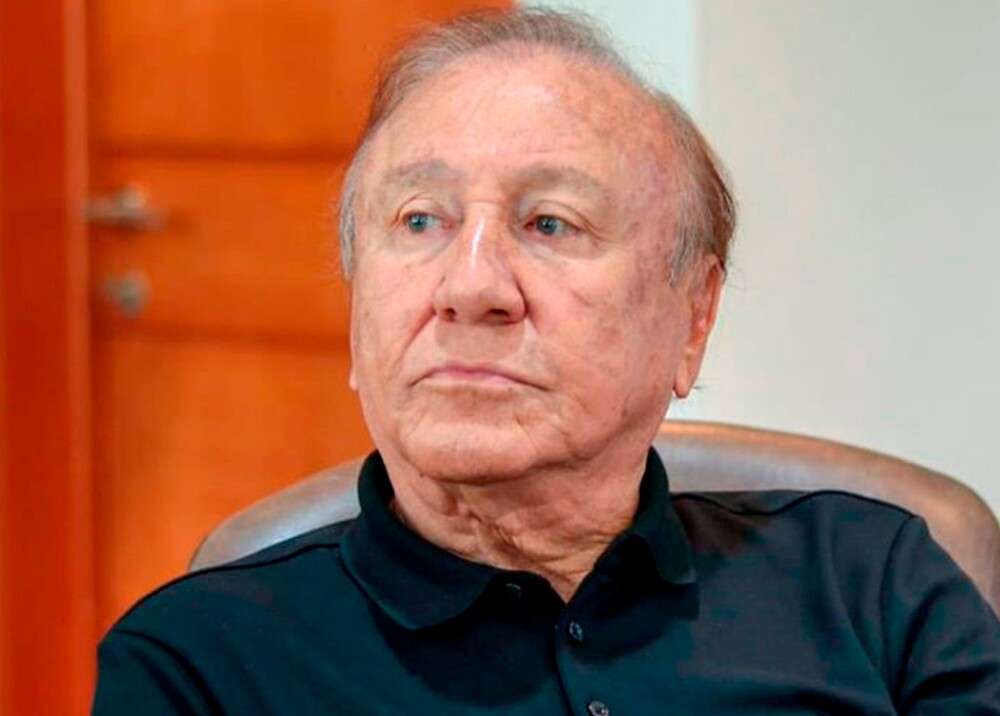
Colombia is one of the most unequal countries on the continent, with 21 million poor people. More than half of the land is in the hands of a minority that does not reach 2% of the population.
Trapped by neoliberal and free trade policies, to survive and capitalize, peasants resort to illicit coca crops, controlled by armed groups.
